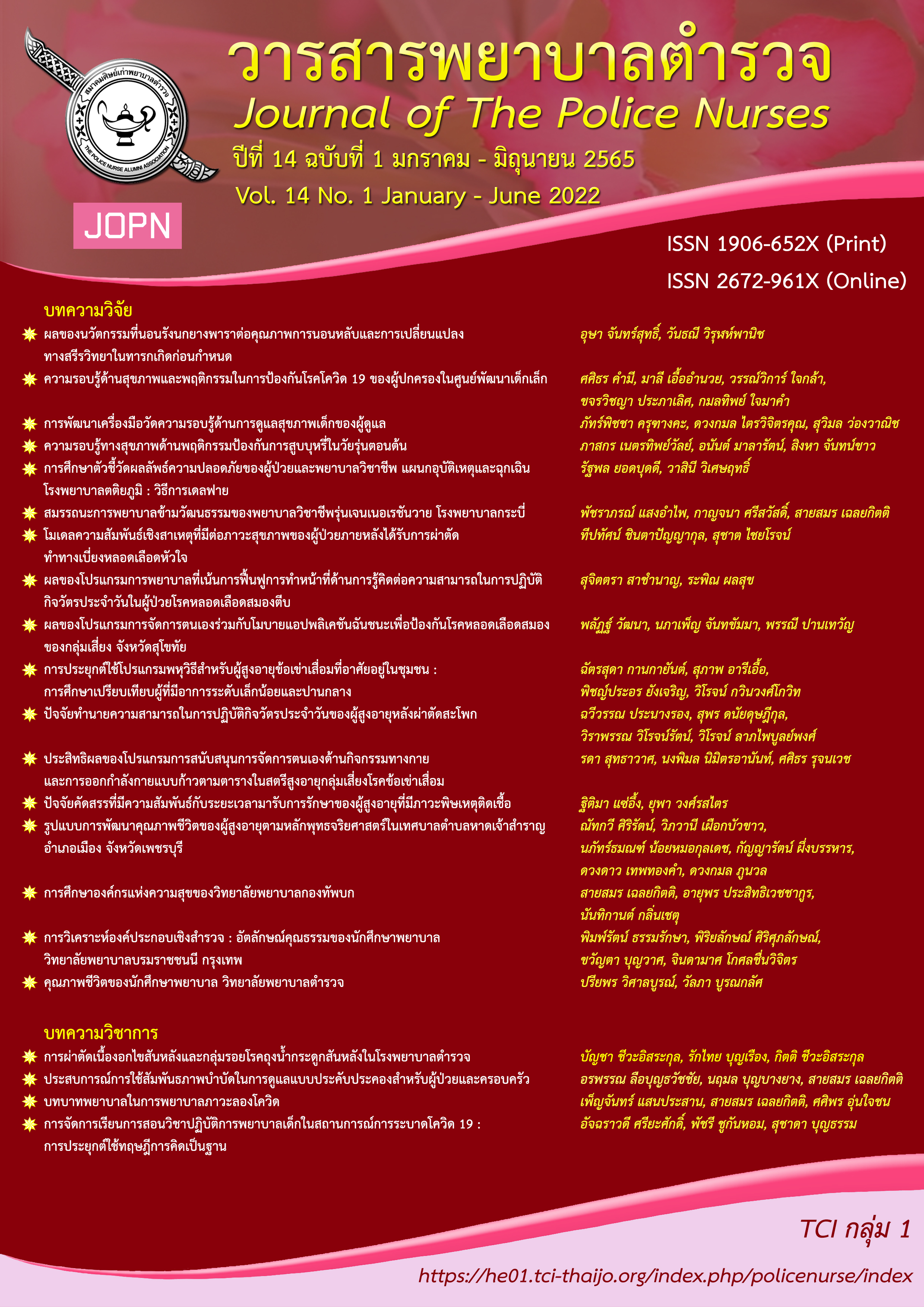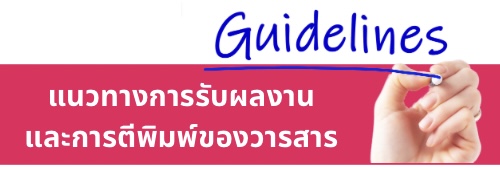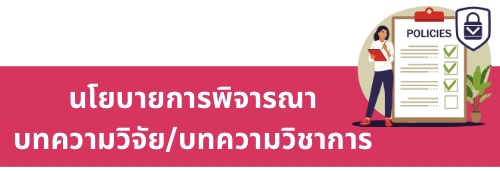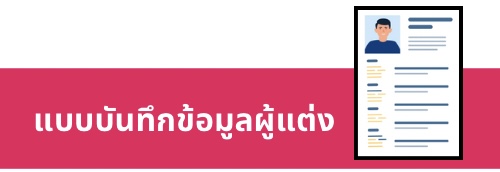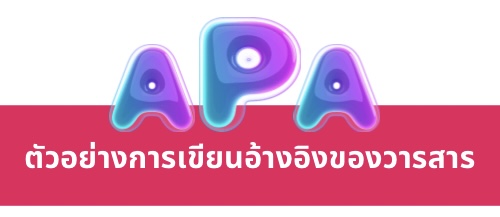การศึกษาองค์กรแห่งความสุขของวิทยาลัยพยาบาลกองทัพบก
คำสำคัญ:
องค์กรแห่งความสุข, วิทยาลัยพยาบาลกองทัพบกบทคัดย่อ
การศึกษานี้เป็นการวิจัยเชิงพรรณนามีวัตถุประสงค์เพื่อศึกษาความสุขของนักเรียนและบุคลากรในวิทยาลัยพยาบาลกองทัพบก และแนวทางในการพัฒนาองค์กรสู่องค์กรแห่งความสุขของวิทยาลัยพยาบาลกองทัพบก ตัวอย่างแบ่งออกเป็น 2 กลุ่ม คือ 1) นักเรียนพยาบาลหลักสูตรพยาบาลศาสตรบัณฑิต ชั้นปีที่ 1 - 4 และนักเรียนผู้ช่วยพยาบาล วิทยาลัยพยาบาลกองทัพบก ปีการศึกษา 2564 จำนวน 476 คน 2) บุคลากรวิทยาลัยพยาบาลกองทัพบกในปีการศึกษา 2564 ประกอบด้วยอาจารย์ 46 คน และเจ้าหน้าที่สายสนับสนุน 84 คน รวมตัวอย่างทั้งหมด 606 คน เครื่องมือที่ใช้ในการวิจัย คือ แบบสำรวจความสุขด้วยตนเอง (Happinometer) มีค่าความเที่ยงตรงเท่ากับ 1.00 และความเชื่อมั่น .96 วิเคราะห์ข้อมูลโดยใช้สถิติเชิงพรรณนา ได้แก่ ความถี่ ร้อยละ ค่าเฉลี่ย และส่วนเบี่ยงเบนมาตรฐาน และวิเคราะห์เนื้อหากับข้อมูลแนวทางในการพัฒนาองค์กรแห่งความสุข
ผลการวิจัยพบว่า นักเรียนและบุคลากรมีค่าเฉลี่ยความสุขโดยรวมอยู่ในระดับมีความสุขอย่างยิ่ง (M = 4.01, SD = .92) ด้านครอบครัวดีมีค่าเฉลี่ยอยู่ในระดับมีความสุขอย่างยิ่งและมีค่ามากที่สุด (M = 4.24, SD = 1.09) รองลงมา คือ ด้านสุขภาพดีและด้านจิตวิญญาณดีมีค่าเฉลี่ยอยู่ในระดับมีความสุขอย่างยิ่ง (M = 4.20, SD = 1.01 และ M = 4.20, SD = .74) ส่วนด้านอื่น ๆ พบว่าส่วนใหญ่มีค่าเฉลี่ยอยู่ในระดับมีความสุขอย่างยิ่ง ยกเว้นด้านสุขภาพเงินดีที่มีค่าเฉลี่ยอยู่ในระดับมีความสุข (M = 3.70, SD = 1.02) และสิ่งที่ควรทำเพื่อให้วิทยาลัยพยาบาลกองทัพบกเป็นองค์กรแห่งความสุข ได้แก่ การมีสัมพันธภาพระหว่างบุคคลที่ดี มีการพัฒนาสิ่งแวดล้อม และการบริหารจัดการที่อยู่อาศัย การจัดการเรียนการสอนเกี่ยวกับหลักสูตรต้องมุ่งเน้นการพัฒนาหลักสูตร ผู้สอน ผู้เรียน และจัดกิจกรรมผ่อนคลายจากการเรียน
Downloads
เอกสารอ้างอิง
Boonyachotima, R., Pompol, W., Pojanasit, S., Thongnat, O., & Borrisut, S. (2014). The happiness exploration of staffs in Trauma and Emergency Nursing Department, Phramongkutklao Hospital. Journal of The Royal Thai Army Nurses, 15(2), 252-260.
Burton, J. (2010). WHO healthy workplace framework and model: Background and supporting literature and practices. Geneva: WHO Headquarters.
Chaikongkiat, P., Wae, N., Makchuchit, S., & Sivadumrongpong, W. (2017). Developing healthy organization by knowledge management. Princess of Naradhiwas University Journal of Humanities and Social Sciences, 4(1), 67-79.
Chuaychoo, K., Kraisakul, K., & Uasiripornrit, S. (2018). Program development and happiness for private education. Narkbhutparitat Journal, 10(2), 150-158.
Diener, E., & Oishi, S. (2004). Are Scandinavians happier than Asians: Issues in comparing nations on subjective well - being. Retrieved from http://www.psych.uiuc.edu/~ediener/hottopic/diener-Oishi.pdf
Gavin, J. H., & Mason, R. O. (2004). The virtuous organization: The value of happiness in the workplace. Organization Dynamics, 33(1), 379-392.
Herzberg, F. (1993). The motivation to work. New York, NY: John Wiley and Sons.
Kittisuksathit, S., Tangchonlatip, K., Jaratsist, S., Saiprasert, C., Boonyatearana, P., Aree, W. (2012). The manual of Happinometer. Bangkok: Tammada.
Nimwatanakul, S., Wattana, C., Meesanpawong, P., & Loysak, B. (2018). The happiness of nursing students and staffs in Phrapokklao Nursing College and the opinions for contributing to the happy workplace. Journal of Phrapokklao Nursing College, 29(1), 113-125.
Phetriang, S. (2020). Happiness organization development at Boromarajonani College of Nursing, Songkhla. The Southern College Network Journal of Nursing and Public Health, 7(1), 1-15.
Photijak, A. (2017). Happiness of Bueng Kan Hospital personnel, Bueng Kan. Retrieved from https://bkpho.moph.go.th/ssjweb/bkresearch/require/files/post-doc/20171016100341.pdf
Ramtong, J. (2015). Happiness at work of supporting staff, Prince of Songkla University, Hat Yai Campus: An analysis of causal factors of work experience group (Master of public administration). Public Administration, Prince of Songkla University, Songkla.
Sricamsuk-Saito, A., Voraharn, W., & Senarak, W. (2011). Happiness of undergraduate nursing students, Faculty of Nursing, Khon Kaen University. Journal of Nursing Science & Health, 34(2), 70-79.
Sriwong, H. (2011). Relationships between work characteristics, job performance, organization climate and work happiness of emergency nurses at community hospitals in central region (Master of nursing science, nursing administration). Faculty of Nursing, Burapha University, Chonburi.
ดาวน์โหลด
เผยแพร่แล้ว
รูปแบบการอ้างอิง
ฉบับ
ประเภทบทความ
สัญญาอนุญาต
ลิขสิทธิ์ (c) 2022 วารสารพยาบาลตำรวจ

อนุญาตภายใต้เงื่อนไข Creative Commons Attribution-NonCommercial-NoDerivatives 4.0 International License.
ผลงานที่ได้ตีพิมพ์แล้วจะเป็นลิขสิทธิ์ของวารสารพยาบาลตำรวจ

